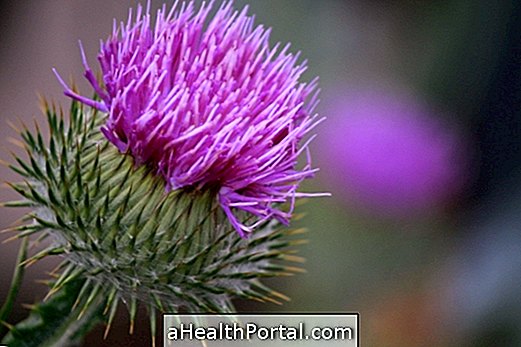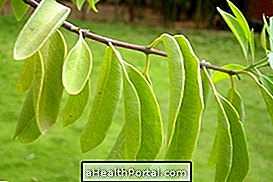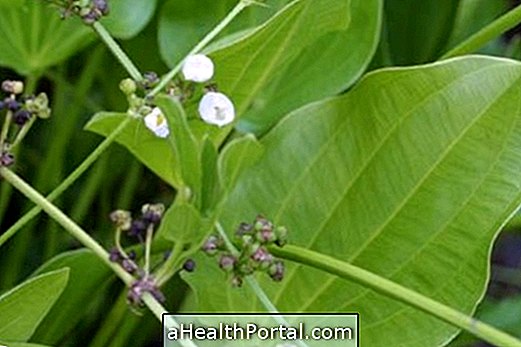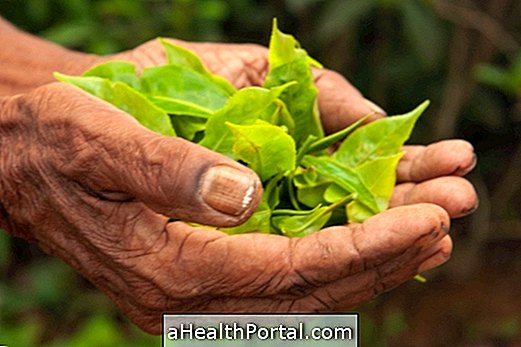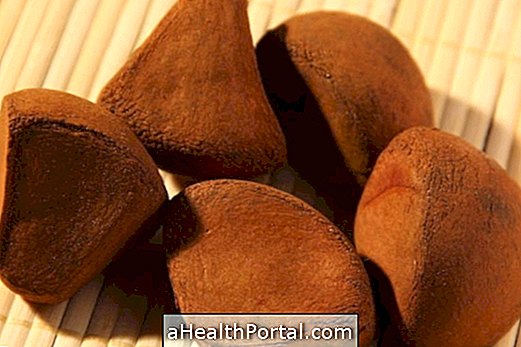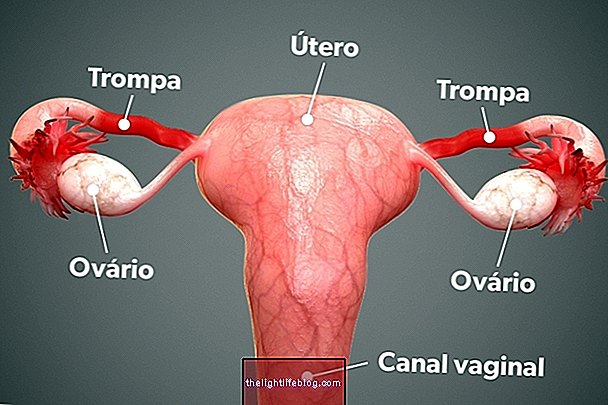The Jucá, also known as Pau-ferro, Jucaína, Icainha, Miraobi, Miraitá, Muiraitá, Guratã, Ipu, Leopard Tree and Muirapixuna is a medicinal plant with a smooth, desquamated trunk with whitish spots, reaching up to 20 meters in height.
Jucá has composite leaves, yellowish flowers and reddish black fruits. Tea made with its bark can be used in the treatment of bruises, coughs and anemia. Its scientific name is Caesalpinea Ferrea .
Jucá can be easily found in natural food stores and in some drugstores.
What is Jucá used for?
The Jucá is used for the treatment of diabetes, gingivitis, bronchopulmonary infections, tonsils, gastrointestinal infections, gout, syphilis, hemorrhages, rheumatism, dysentery, asthma, intestinal colic, phlegm cough and hemorrhoids.
Properties of Jucá
Jucá has astringent, antidiarrheal, healing, sedative, tonic, anti-inflammatory, antiseptic, expectorant and aphrodisiac properties.
How to use Jucá
The use of Jucá can be done with tea leaves, with the cooking and infusion of their shells or powder, sold in stores of natural products.
- Tea with jucá leaves : Use 2 teaspoons of dried leaves of Jucá for a 1 liter of water. Cook the leaves for 10 minutes, strain and take.
- Drink with Jucá powder : Use 1 teaspoon of Jucá powder found in natural products stores in 1 glass of water, juice or milk. Mix the powder in the drink preferably and drink.
The amount of tea to be ingested should be under the guidance of a herbal specialist. It is recommended to store the tea in the refrigerator.
Side effects of Jucá
The side effects of Jucá were not found in the literature consulted. But no treatment should be done without medical advice and no medicinal plant should be consumed in excess.
Contraindications of Jucá
Jucá is contraindicated for pregnant women, breastfeeding women and women in the menstrual period.
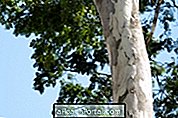


Useful link:
- Home remedy for diabetes
